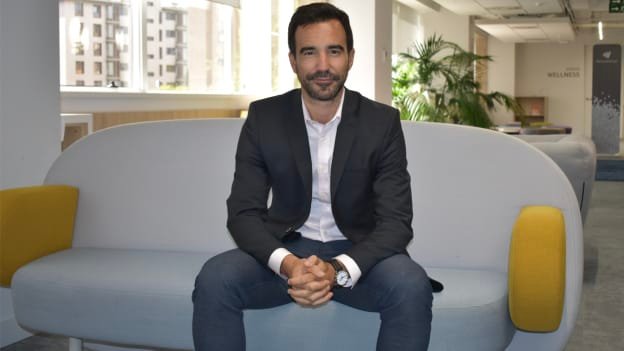By | Mastufa Ahmed | www.peoplemattersglobal.com
Dr Tomas Chamorro-Premuzic is an international authority in people analytics, talent management, leadership development, and the Human-AI interface. He is the Chief Innovation Officer at ManpowerGroup, Co-founder of Deeper Signals and Metaprofiling, and Professor of Business Psychology at both University College London, and Columbia University. He has previously held academic positions at New York University and the London School of Economics and lectured at Harvard Business School, Stanford Business School, London Business School, Johns Hopkins, IMD, and INSEAD, as well as being the CEO at Hogan Assessment Systems.
In an exclusive interaction with us, Dr Tomas throws light on the big differentiators for companies to win the talent war in the face of the great resignation.
Here are the excerpts of the interview.
Four million people left the US workplace in April 2021, which some economists have dubbed the ‘Great Resignation’. How do you see this never-before trend?
Mostly, as the delayed accumulated effects of nearly no movements during the previous 12-months. So, some of this is structural or temporal, like the economic rebound that follows any crisis, or any compensatory phases in a cycle that has been slowed down or postponed. You can see it as social thermodynamics or physics, in the sense that whenever pressure builds up, or some force is contained, it will come out or be liberated more potently when the barriers are moved. That said, we should also acknowledge that for many people the crises will have provided an opportunity to reassess, rethink, and make bolder decisions vis-à-vis their careers and lives. When we are pushed out of our comfort zone and our version of normality is disrupted, we have the conditions for courageous changes to emerge. Finally, I think a lot of people have learned a great deal about their priorities, their employers, and what they really want and need in life post-pandemic. While the pandemic is not over yet, they are moving fast because they developed the impulse or impetus to change as they see the world changing.
The larger employment landscape is flickering at warp speed with organisations vying for the best talent after the great layoffs of millions of workers in the early days of the crisis. What could be the big differentiators for companies to win the talent war?
During the first and second wave of this pandemic, the emphasis was on showcasing empathy and looking after people’s wellbeing. To get people’s trust and keep them sane and healthy you needed to show them that you cared about them as human beings rather than productivity machines. Now we are seeing a new chapter in the war for talent which is intensifying the need to offer flexibility, meaning, and even moral validation for employers. Basically, even if you are a top firm with great innovation and success, or a desirable brand, you will still need to deliver on the expectations people have regarding working from anywhere, helping to make the world a better place, and not just applying but also growing their talent and potential. And these expectations have risen. Since the pandemic has shown a K-shape recovery, with the war for talent intensifying for those who were already in-demand and hyper-skilled in the knowledge economy, now this segment of the job market is demanding more privileges, as well as ethics – shown in the rise of ESG – in order to commit to hard work and bring their talents to a potential employer.
